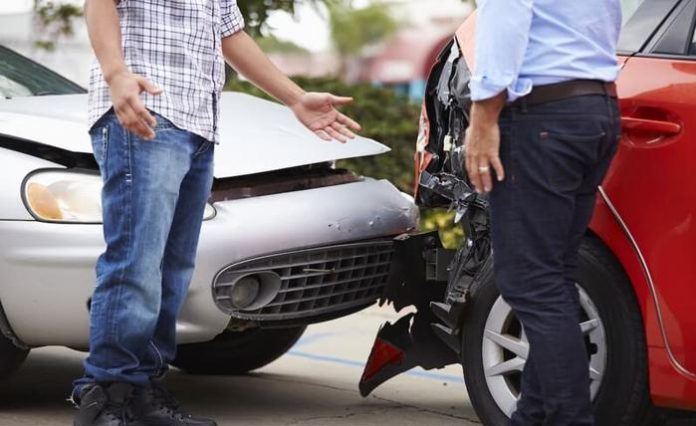Understanding Georgia’s car insurance laws can protect you after an accident. Georgia is a no-fault state, but what does that mean for you? In simple terms, if you’re in a car accident, your own insurance covers your medical bills and lost wages, no matter who caused the crash. It affects how you handle claims and get compensated. Knowing this can save you stress and time. Gardner Trial Attorneys emphasize the importance of having the right coverage before an accident happens. Without it, you might face unexpected costs. This law also speeds up the claims process, so you get help faster. Injuries heal better when you focus on recovery, not on insurance disputes. By learning about Georgia’s no-fault insurance laws, you empower yourself to make smart choices. Remember, preparation is key, and understanding the law helps you stay one step ahead.
How No-Fault Insurance Works
No-fault insurance means your own insurance company pays for your losses, regardless of who is at fault. This system is designed to lower litigation and expedite claim processing. By reducing the need for lengthy investigations, you receive timely payments for medical expenses and lost income. This system emphasizes protection over blame.
Comparison with At-Fault States
In at-fault states, the driver who caused the accident is responsible for the damages. Their insurance pays for medical costs and property damage for everyone involved. This process can lead to disputes, longer settlement times, and potential lawsuits. In contrast, Georgia’s no-fault approach makes the process smoother and quicker, helping you move forward without delay.
| Aspect | No-Fault State | At-Fault State |
|---|---|---|
| Claim Process | Quicker | Slower |
| Disputes and Litigation | Less Common | More Common |
| Focus | Recovery | Blame |
Importance of Adequate Coverage
Having effective insurance coverage is crucial in a no-fault state. Basic coverage might not cover all expenses after a severe accident. Consider supplementary insurance options like Personal Injury Protection (PIP) to ensure you have sufficient financial protection. PIP can cover additional costs, such as rehabilitation or necessary household services.
Exceptions and Limitations
No-fault insurance doesn’t cover every situation. Severe accidents where injuries exceed a specific threshold allow for legal action against the at-fault driver. Understanding these exceptions helps you navigate potential scenarios with confidence. For more detailed guidance, you can consult resources like the Georgia Department of Motor Vehicles.
Your Next Steps
Now is the time to review your current insurance policy. Ensure it meets your needs and provides adequate protection. Contact your insurance agent for guidance on additional coverage options. Being proactive ensures you are ready for any eventuality, reducing stress and potential financial burdens in the future.
Conclusion
Understanding Georgia’s no-fault insurance laws gives you control over your recovery process after an accident. By knowing how the system works, you can focus on getting better rather than getting caught in insurance disputes. Armed with the right knowledge and coverage, you can face any situation with calm confidence and protect your well-being.

